What's Happened in Ferguson Since Michael Brown's Death: A Timeline
This is what's happened in the Missouri town since over the past few months.
— -- A grand jury's decision in Ferguson, Missouri, may open or end the latest chapter in the shooting death of unarmed teenager Michael Brown. The residents of Ferguson and much of the country are waiting to see if the grand jury will hand down an indictment of the cop who shot Brown -- something that may be announced at any time.
Here's a timeline of what has happened since Brown's death.
Saturday, August 9:
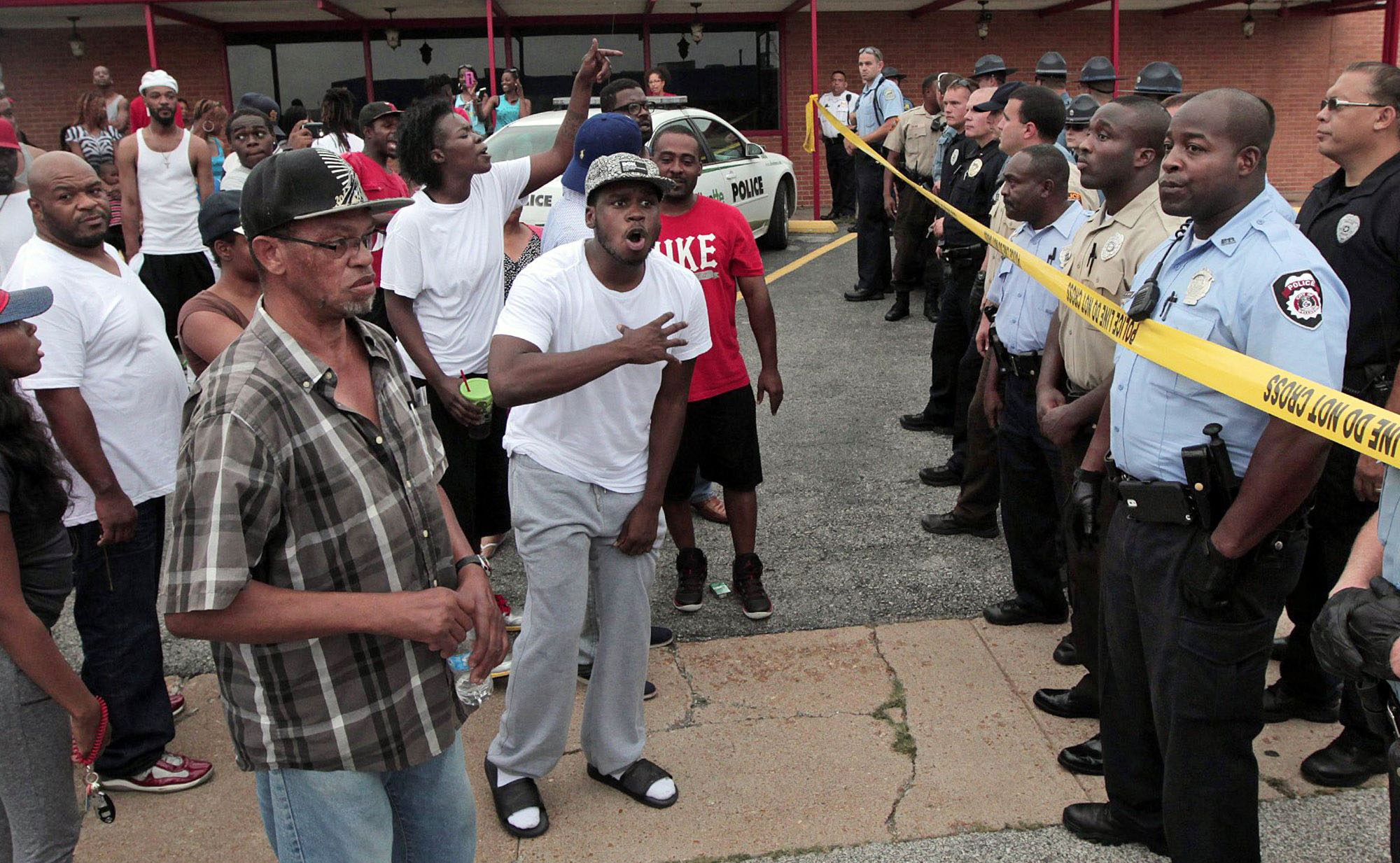
Mid-day on Saturday, Aug. 9, police officer Darren Wilson encounters Michael Brown, 18, and a friend as they walk down a street. Brown is shot to death.
Sunday, August 10:
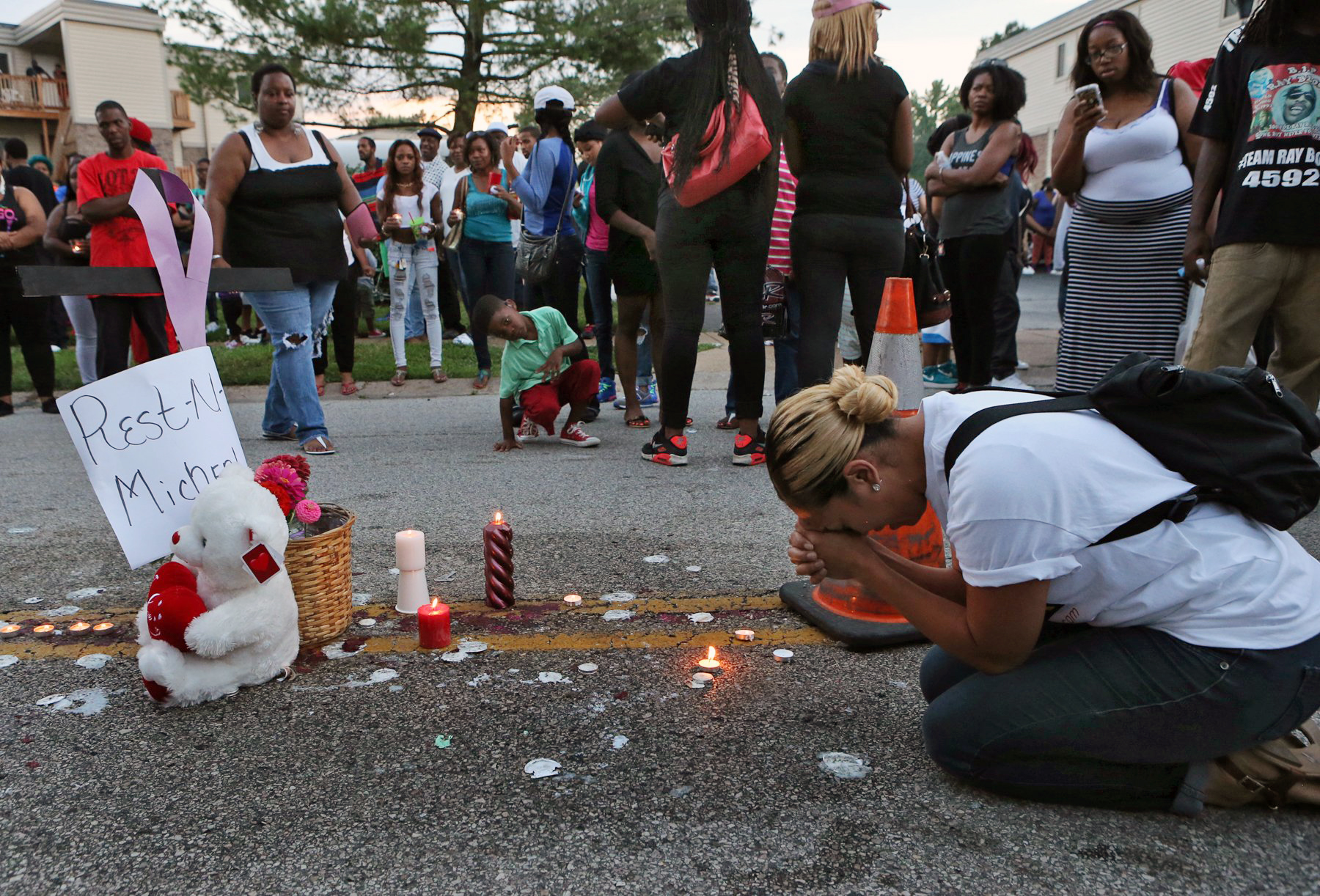
St. Louis County Police Chief Joe Belmar says during a news conference that Brown was unarmed. Belmar says there was a struggle in which Brown reached for the gun of the officer, who at the time was not identified.
Brown's parents hire an attorney who represented the family of Trayvon Martin, Benjamin Crump.
Monday, August 11:
People gather outside the Ferguson Police Department, leading to several arrests. The FBI announces it will conduct a parallel investigation. Meanwhile, the St. Louis County Police Department says that it will release the name of the officer accused of shooting Brown by the next day. The parents of Brown hold a news conference demanding justice for their son.
The first day of school is canceled in Jennings, near Ferguson.
Police used tear gas to disperse crowds that gathered on West Florissant Avenue.
Tuesday, August 12:
Police announced additional arrests from events the prior evening. St. Louis County Police Department says it will not release the name of the officer who shot Brown, due to threats. Protesters provide a list of demands related to the Brown investigation. The Rev. Al Sharpton speaks to the family of Brown.
President Obama released a written statement. "The death of Michael Brown is heartbreaking, and Michelle and I send our deepest condolences to his family and his community at this very difficult time."
Protests continue for the third night as Missouri Gov. Jay Nixon, St. Louis Mayor Francis Slay and other leaders gather.
Wednesday, August 13:
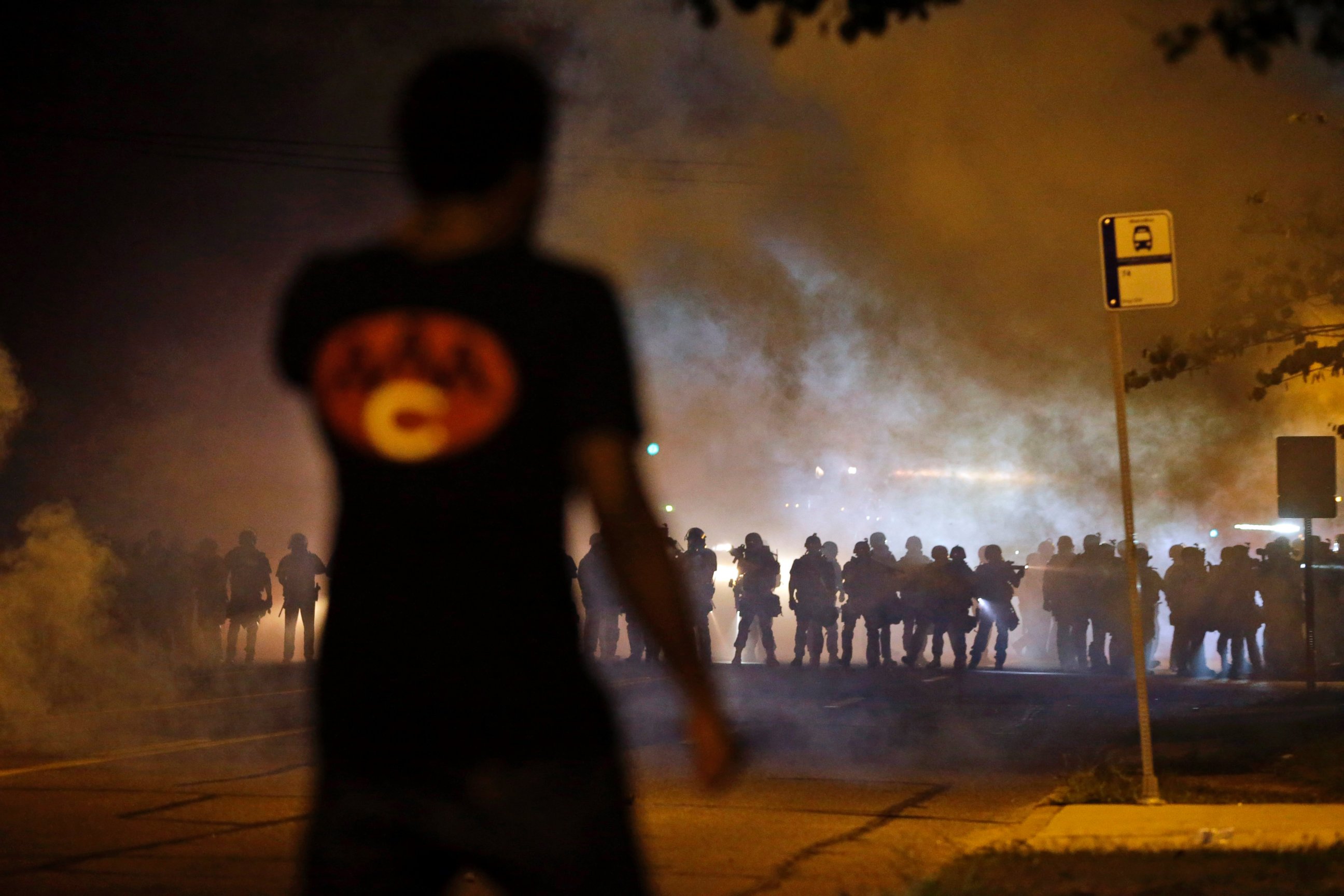
The prosecutor's office revealed that Brown had no criminal record. The U.S. Justice Department opened a federal civil rights investigation into the shooting.
Police detain two reporters at McDonald's: one from the Washington Post and another from the Huffington Post.
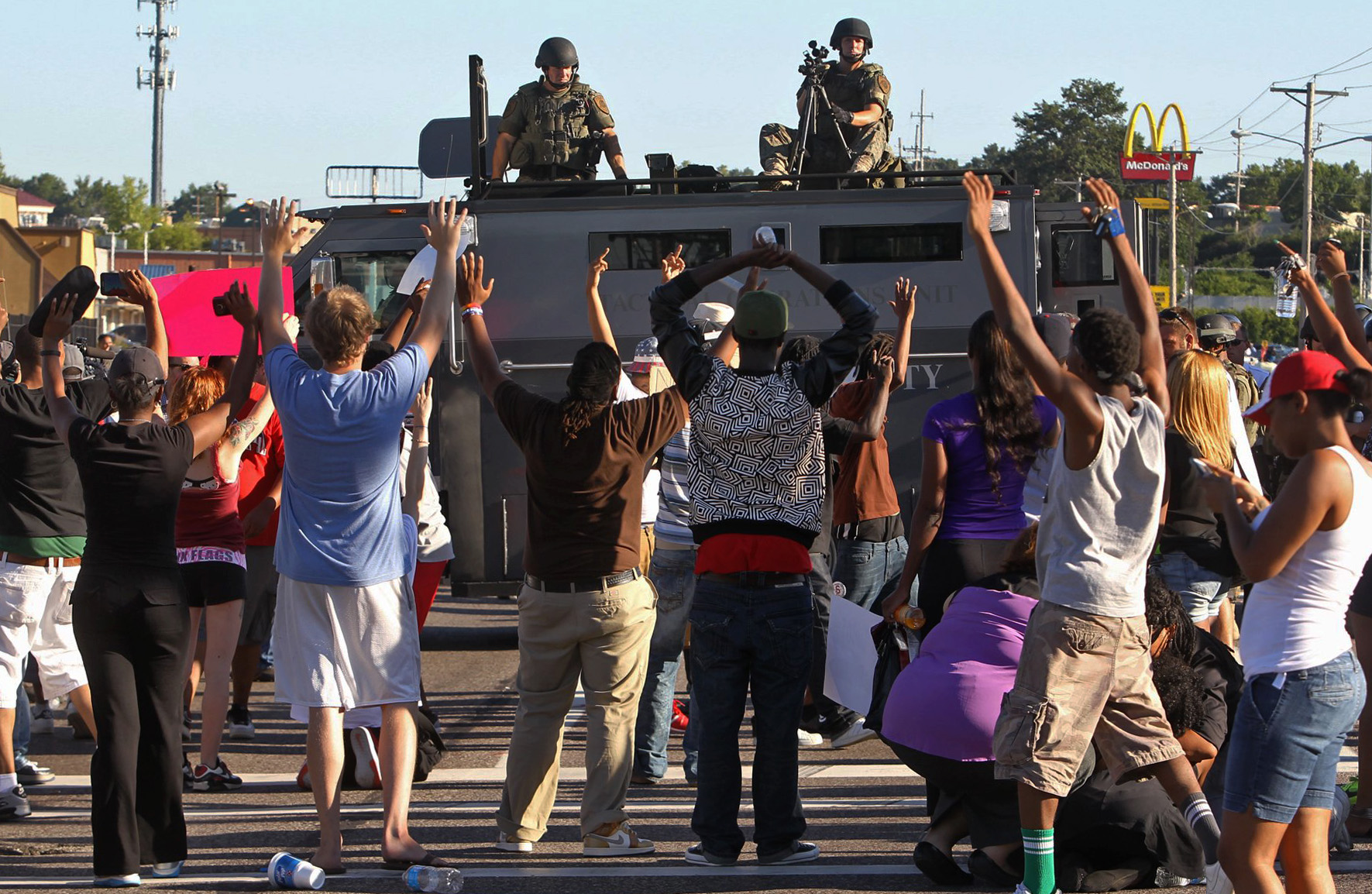
Thursday, August 14:
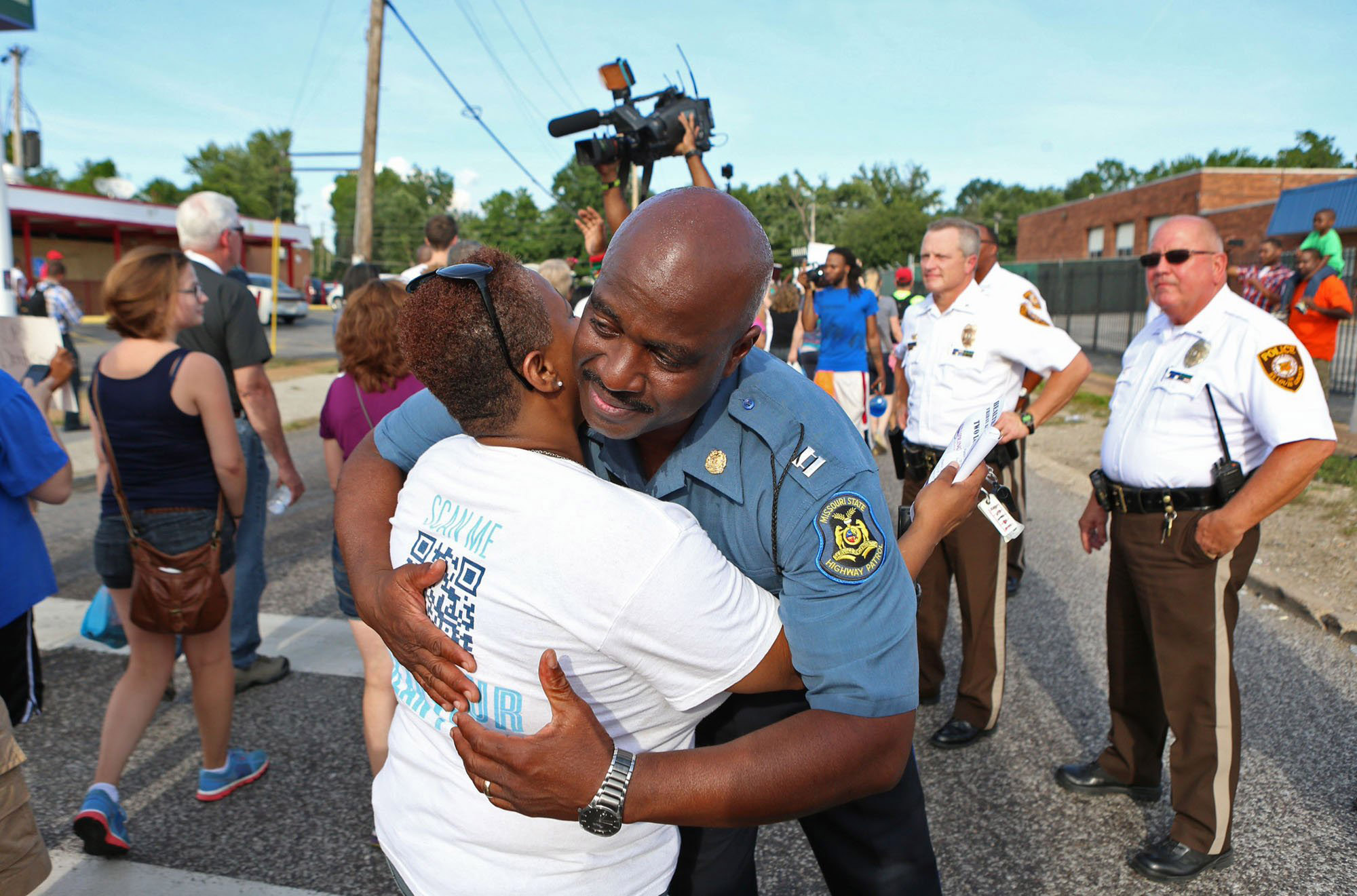
After President Obama addressed the nation and urged police to be "open and transparent," Gov. Nixon announced that the Missouri Highway Patrol will oversee security in Ferguson.
Friday, August 15:
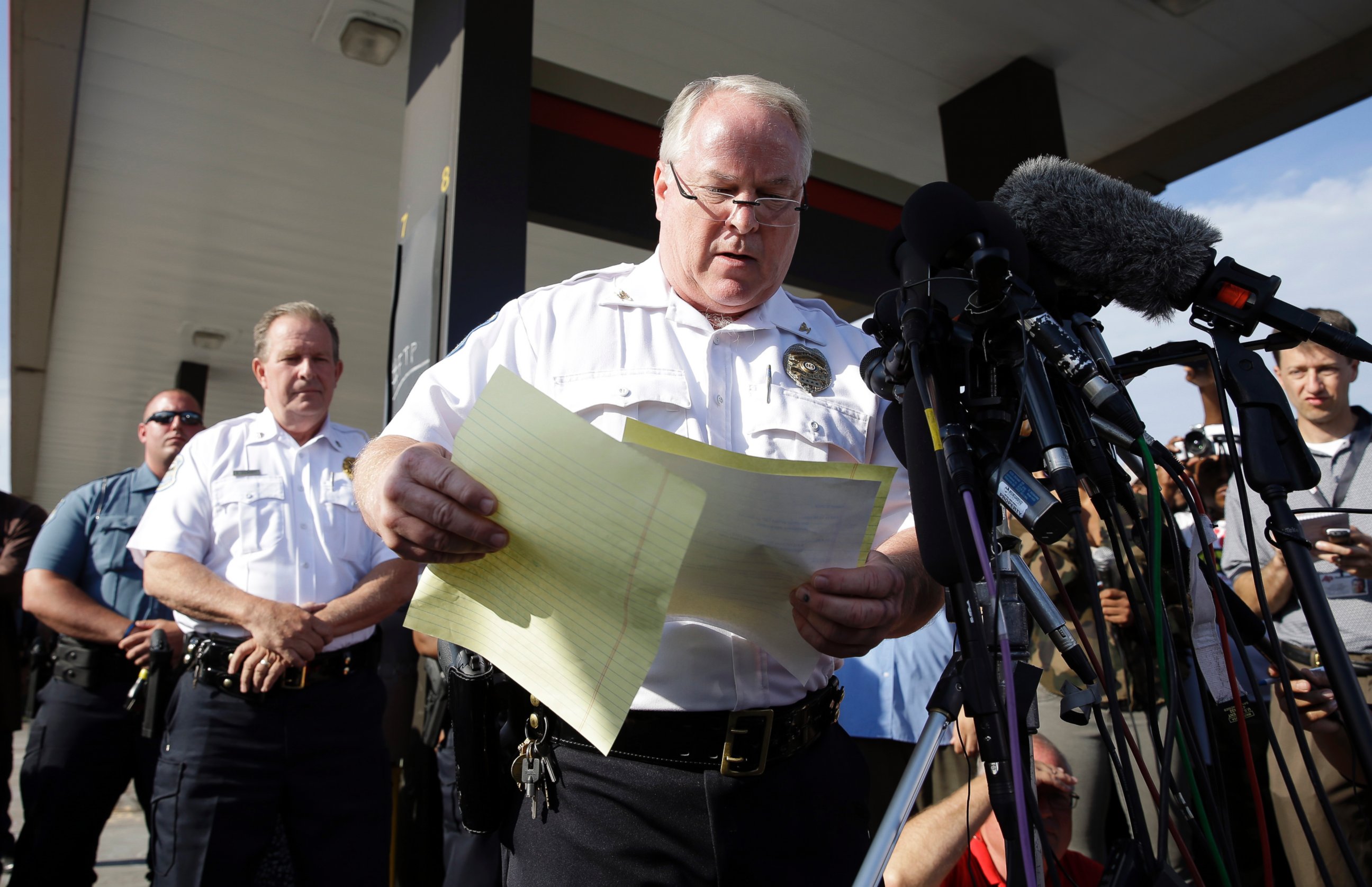
Six-year police veteran Darren Wilson is named as the officer who shot Brown. Police Chief Thomas Jackson releases surveillance video of a nearby robbery.
Brown's family says they are "beyond outraged" by how the police tied Brown to the robbery to "assassinate the character of their son."
Jackson says Wilson stopped Brown for walking in the middle of the street.
Saturday, August 16:
Gov. Nixon issues a state of emergency for Ferguson and imposed a curfew.
Sunday, August 17:
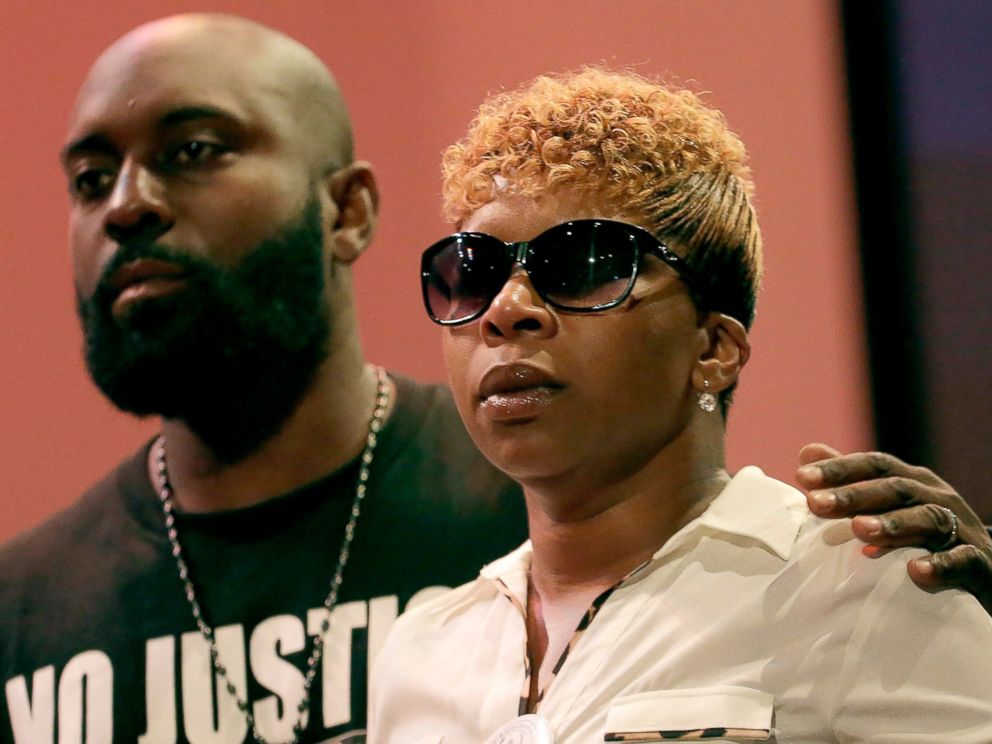
U.S. Attorney General Eric Holder orders a separate federal autopsy for Brown at the request of the family. A curfew is set for the second evening in a row.
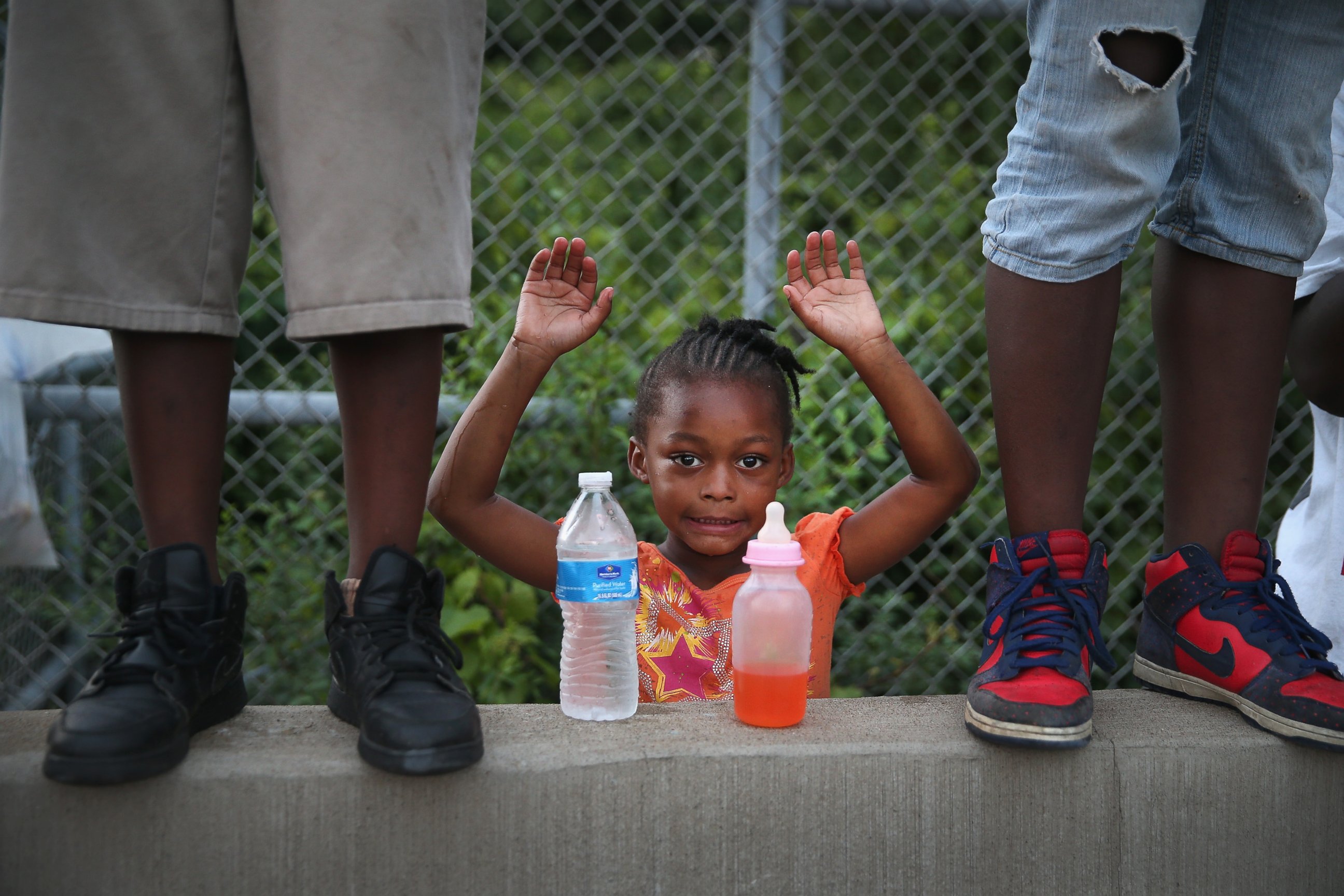
Monday, August 18:
Gov. Nixon orders the National Guard into Ferguson. President Obama sends Holder to monitor unrest in Ferguson.
Getty Images photographer Scott Olson is arrested.
Tuesday, August 19:
A man, 23, who allegedly threatened police with a knife, is fatally shot by police in north St. Louis, which did not appear to be related to unrest in Ferguson.
Wednesday, August 20:
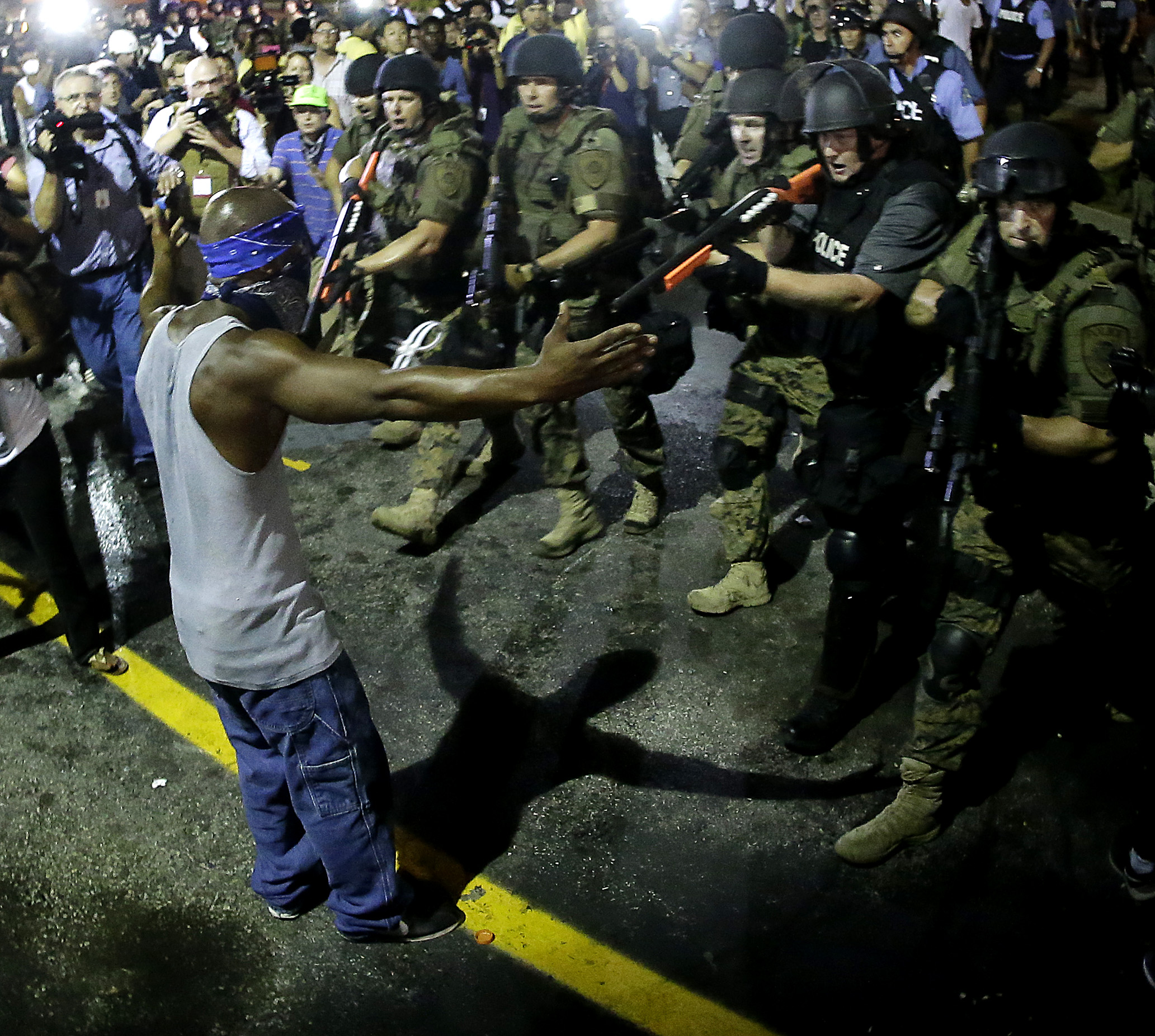
A grand jury begins looking into whether Wilson should be criminally charged for the death of Brown.
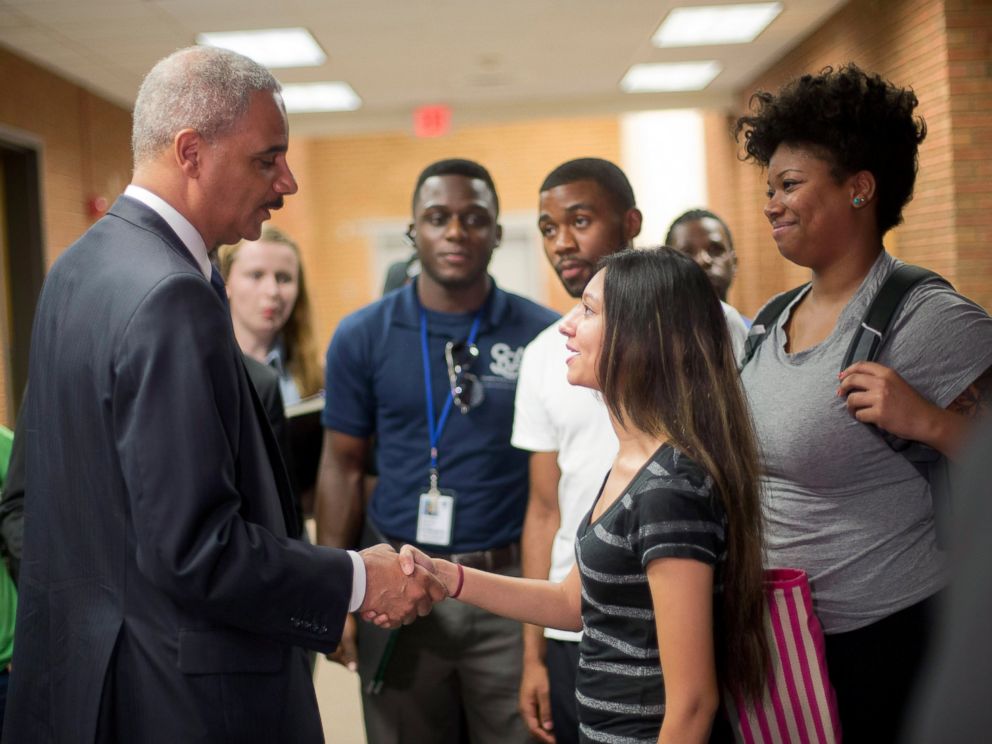
Thursday, August 21:
Gov. Nixon orders the Missouri National Guard to begin withdrawing from Ferguson.
Friday, August 22:
West Florissant is reopened with fewer protesters, USA Today reports.
Saturday, August 23:
Online fundraisers for Wilson surpass fundraisers for Brown.
Sunday, August 24:
Family and friends gather for a private viewing of Brown's body.
Monday, August 25:
A funeral for Brown is held at Friendly Temple Missionary Baptist Church.
Tuesday, September 16:
Wilson testifies before the grand jury.
Monday, October 13:
Police arrest activist and academic Cornel West during organized protests.
Tuesday, November 11:
Gov. Nixon says he will send the National Guard to respond to any unrest that may result after the grand jury's decision.
Thursday, November 13:
Michael Brown Sr. calls for peaceful protests after the grand jury's decision, whatever it may be.




